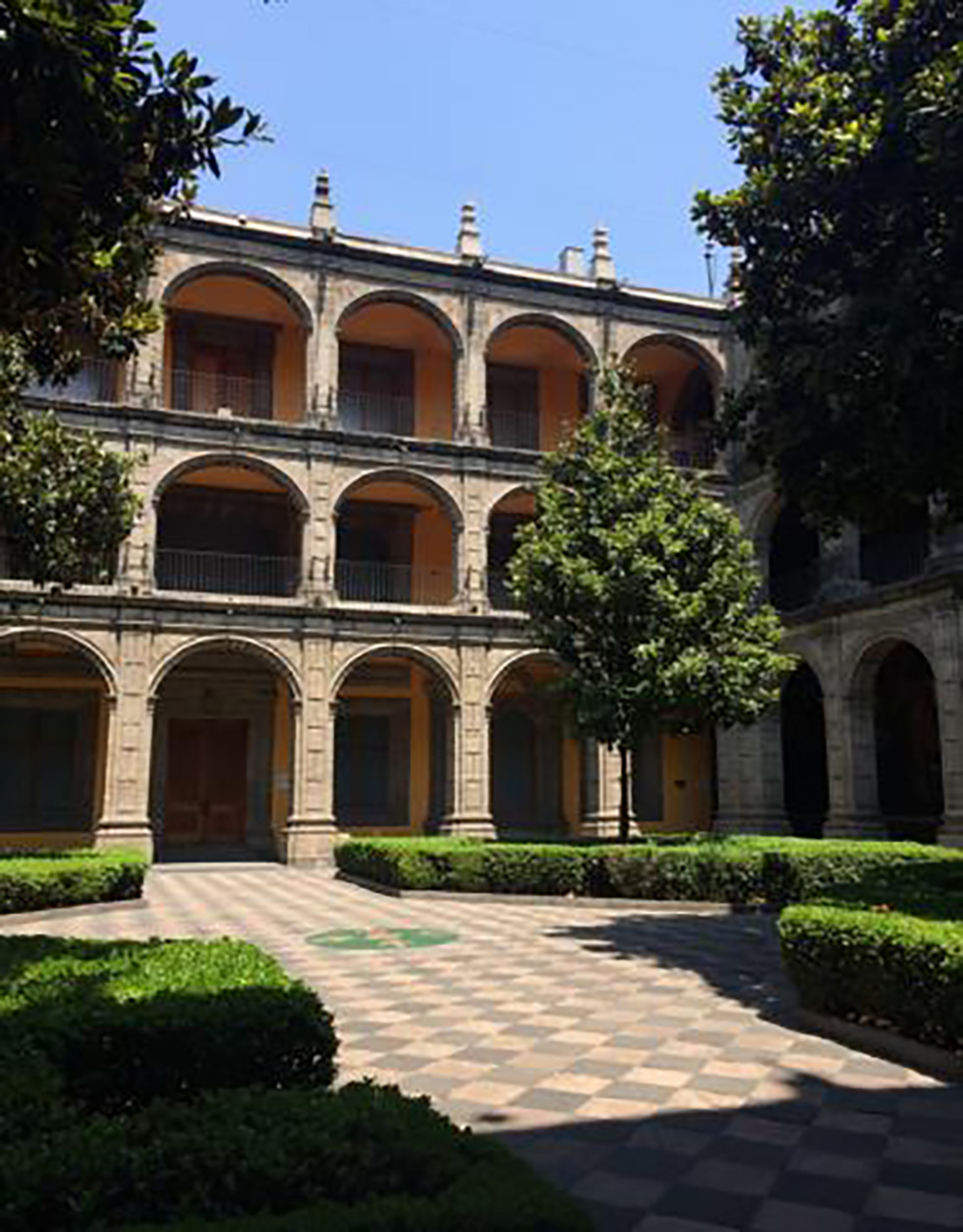
These awards are given by the Graduate School to recognize superior achievements in research by graduating doctoral students. Erika’s dissertation offers the first paradigmatic study of Latin poetry written in colonial Latin America in the style of the Roman poet Virgil. The project examined a representative cross-section of pastoral, didactic and epic poetry to highlight a neglected part of Virgil’s Latin legacy and to call attention to the complexity of learned imitation in Latin America.
Erika Valdivieso has shown that Virgil’s legacy in Latin American begins with the introduction of his works in the Americas in the wake of the first European incursions. From early on, Virgil provided a lexical, stylistic and theoretical frame for his imitators in Spanish America and Brazil. This influence arose from the poet’s place in school curricula, particularly in the colleges overseen by the Society of Jesus. Yet despite a relatively uniform approach to teaching Virgil, there were significant divergences in the way his poetry was read and imitated.
His work was not passively absorbed in colonial Latin American texts; it was reconstituted in new literature which reflected preoccupations specific to colonial Latin American society. Descriptions of the American landscape in Latin verse, the poetic transformation of indigenous people into the avatars of Mediterranean monsters, and complex interpretations of the Virgin of Guadalupe were all inspired by Virgil. Erika Valdivieso traces through close textual analysis and source criticism the ways in which this extensive colonial literature was conditioned by specific historical, political, and social factors.
The authors and texts discussed in this dissertation are seldom read today, but they are important for those interested in the legacy of classical texts as well as in the development of Latin American literature. The project provides a timely reminder that the classical past belongs to many cultures. Indeed, the presence of Latin in Latin America challenges hegemonic thinking that claims classical learning for the West; if anything, this study gestures toward the porousness of ‘the West’, which does and does not extend to the Global South, and highlights a variety of avenues for those interested in the transformations of classical literature.
Erika writes: “This dissertation was generously supported by the Graduate School, the Cogut Institute for the Humanities, the John Carter Brown Library and the Center for the Study of the Early Modern World. The final product exemplifies Brown’s commitment to interdisciplinary research. The resources at the Hay Library and at the John Carter Brown Library were invaluable for the development of each chapter, as was the community provided by the Center. I am grateful to my advisor, Andrew Laird, and to my readers, Jay Reed and Laura Bass, for their thoughtful and rigorous engagement with my work. This study of Virgilian imitation in Latin America reflects the Center’s emphasis upon connections between different parts of the globe in the Early Modern period.”
Erika Valdivieso will join the Department of Classics at Princeton University this fall 2020 as a Presidential Postdoctoral Research Fellow.